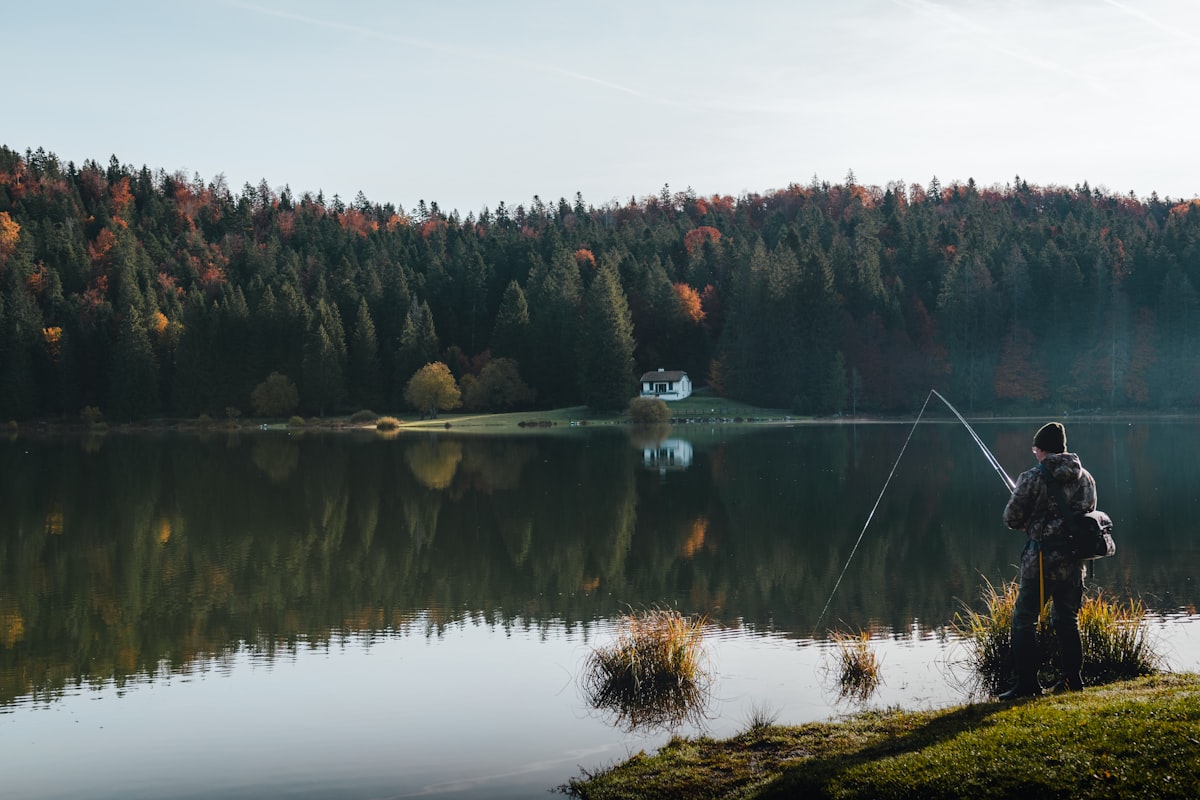How to Catch Fish in Murky Saltwater
Fishing in murky saltwater can be challenging. The reduced visibility and different water conditions require specific strategies and tools.
Understanding the Environment

Murky water often has high levels of suspended particles. These can come from sediment, algae, or organic matter. This impacts fish behavior. Fish rely more on senses other than sight.
Types of Fish in Murky Water
Some fish species thrive in murky conditions. Redfish, catfish, and bass are common. These fish often have enhanced senses like smell and hearing. They tend to be less cautious in turbid waters.

Water Movement and Temperature
Pay attention to tides and currents. Fish often use these movements to find food. Warmer water can also make fish more active. Track water temperature with a thermometer.
Choosing the Right Gear
Selecting the appropriate gear is crucial for success. Your equipment should cater to the specific needs of murky water fishing.
Rods, Reels, and Lines
Use strong and durable rods. Reels should handle rough conditions and strong fish. Opt for heavier lines. A 30 to 50-pound test line offers better control in these waters.
Bait and Lures
Bait with strong scents works best. Shrimp, squid, and cut bait are popular choices. Lures should create vibrations and noise. Spinnerbaits and crankbaits are effective. Bright colors like chartreuse and orange stand out more.
Hooks and Rigs
Circle hooks are good for murky water fishing. They often result in better hook-ups. Use rigs like Carolina or drop shots. These allow your bait to move naturally.
Techniques and Strategies
Adjusting your fishing techniques can increase your odds of success. Adapt your approach to match the conditions and fish behavior.
Location Scouting
Look for structures underwater. Fish often gather around rocks, reefs, and submerged vegetation. Use a fish finder to detect these locations.
Chumming
Chumming can attract fish in murky waters. Use a mix of fish parts and oils. Drop the chum upstream. This allows it to spread and draw fish towards your location.
Slow Presentation
Slowly present your bait or lures. Fish have more time to sense them. Experiment with retrieval speeds. Find what works best in different conditions.
Sound and Vibrations
Use lures that create noise and vibrations. Rattling lures and those with blades can mimic prey. These signals help fish locate your bait.
Plan for Different Conditions
Murky water can vary in its degree of turbidity. Adjust your tactics accordingly. On days with limited visibility, rely more on scent and sound.
Additional Tips
Several additional considerations can improve your murky water fishing experience.
Check Local Regulations
Know the fishing regulations in your area. Some waters may have restrictions on bait or gear types. Compliance ensures sustainable fishing practices.
Maintain Your Gear
Saltwater can be harsh on equipment. Rinse your gear after each trip. Lubricate reels and check for signs of wear. Prolong the life of your tools.
Pay Attention to Weather
Weather changes can impact fishing conditions. Storms often stir up more sediment. This can further reduce visibility. Plan your trips around favorable weather forecasts.
Safety Considerations
Fishing in murky saltwater can pose risks. Take precautions to stay safe.
Boating Safety
If using a boat, ensure it is seaworthy. Equip it with safety gear like life vests and flares. Be aware of your surroundings and avoid shallow areas.
Personal Safety
Wear appropriate clothing and sun protection. Hydrate and take breaks. Keep a first aid kit handy.
Be Aware of Wildlife
Murky waters can harbor various marine creatures. Some may be dangerous, like stingrays or jellyfish. Be cautious when wading or handling fish.
Bycatch Management
Murky waters can lead to unintended catches. Handle bycatch with care.
Release Techniques
Use barbless hooks where possible. They are easier to remove and cause less harm. Wet your hands before handling fish. Keep them in the water as much as possible during release.
Minimize Impact
Reduce the time fish spend out of water. Be gentle to avoid stress or injury. Returning fish quickly increases their survival rates.
Community and Conservation
Murky water fishing ties into larger environmental and community efforts.
Join Local Groups
Engaging with local fishing clubs can be beneficial. Share tips and experiences. Participate in community events and conservation efforts.
Support Conservation Efforts
Donate to or volunteer with conservation organizations. Help monitor water quality and fish populations. Sustainably manage local fisheries
“`




Subscribe for Updates
Get the latest articles delivered to your inbox.
We respect your privacy. Unsubscribe anytime.